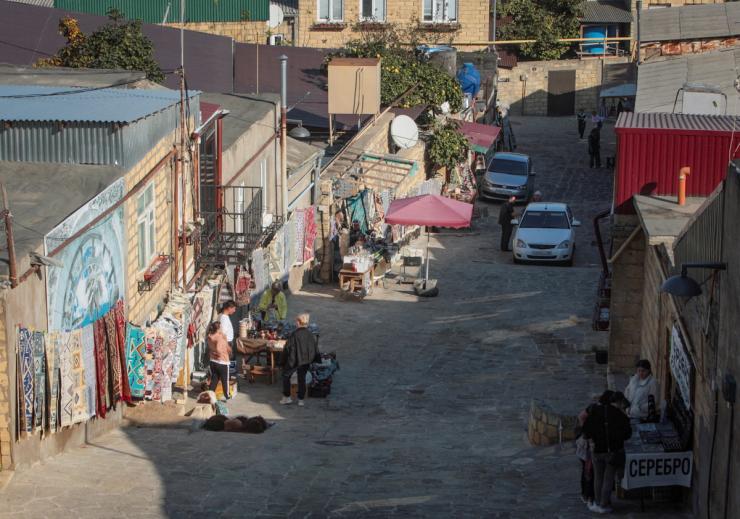The News
Gunmen carried out seemingly coordinated attacks on churches and synagogues in Russia’s southern Dagestan region, killing at least 19 police officers and several civilians. Six gunmen also died, but the perpetrators and their motivations have yet to be identified by Russian authorities.
The incident in the North Caucasus republic on Sunday marks the latest flare-up of apparent extremist violence inside Russia in recent months: In March, gunmen targeted a Moscow concert, killing 145 people and injuring hundreds more.
SIGNALS
Attacks highlight ‘vulnerability’ of Russia’s internal security
Russia’s Caucasus region has long faced religious and ethnic tensions. The area, home to a Muslim-majority population, has seen many terror attacks following the Kremlin’s war against separatists in Chechnya during the nineties. “Sunday’s attack underscores the country’s continued vulnerability to interethnic and religious violence,” The Wall Street Journal noted, raising questions about Russia’s internal security. While the majority of extremists that once targeted the country have left for Syria and Iraq, others have relocated to Afghanistan, where ISIS-Khorasan (ISIS-K) has flourished and set its sights toward Moscow.
Some Russian politicians blame West again
The head of the Russian Orthodox Church, Patriarch Kirill I, said “the enemy is not giving up on attempts to destroy interreligious peace and harmony within our society,” but did not elaborate on who “the enemy” might be, The New York Times reported. In March, the Kremlin pointed to the West and Ukrainian allies as the perpetrators of the attack in Moscow, and some politicians again argued without evidence that the US was responsible for Sunday’s violence. The Islamic State claimed the March attack.



